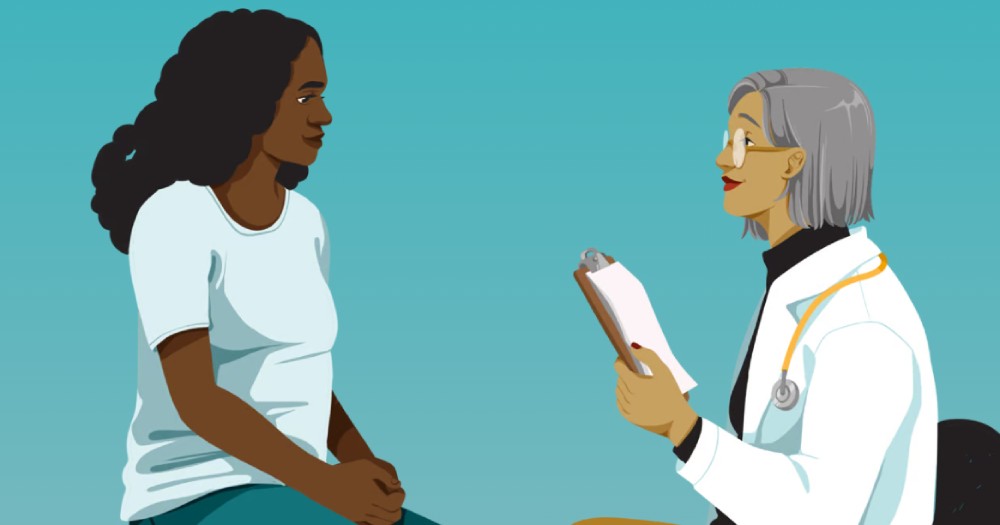Survey: The majority of Americans use social media for health tactics

A recent survey by Healthline and YouGov uncovers a troubling reality about preventive healthcare in the United States. Conducted during the Health Literacy Month, the survey found that many Americans are skipping essential screenings and relying heavily on social media for health advice. The findings highlight a disconnect between access to reliable medical information and adherence to recommended healthcare practices.
With less than half of respondents reporting having an annual physical and even fewer undergoing key screenings like mammograms or colonoscopies, the survey paints a concerning picture of how healthcare is approached across generations.
The findings
Healthline's State of Consumer Health survey aimed to understand how U.S. adults gather and act on health information. The survey reveals that while doctors should be the primary source of reliable health advice, only 37% of respondents consider healthcare providers as their preferred source of information. Instead, more than half of the respondents (52%) learned about health and wellness from social media in the past year.
Dr. Jenny Yu, Healthline's chief medical officer, emphasized the importance of regular screenings, noting that they establish a baseline for health monitoring and can guide critical treatment decisions.
The survey also found generational differences in how people seek health trends. Gen Z and Millennials are more likely to rely on social media than older generations, with 67% and 63% of these groups turning to platforms like YouTube for inspiration.
While social media offers a convenient source for health tips, Dr. Yu cautioned that "it is human nature for people to take advice from relatable sources, not necessarily the most reliable," underscoring the risk of misinformation spreading online.
Why does it matter?
Preventive care is critical for early detection of diseases, guiding lifestyle adjustments, and enhancing long-term health outcomes. The survey's findings — such as 52% of women 40+ skipping mammograms and only 16% of adults 45+ getting a colonoscopy — suggest that many people are at increased risk of undetected health issues.
Dr. Yu warns, "These numbers should send a warning to the medical community," stressing the need to prioritize preventive measures.
The survey also reveals the potential consequences of misplaced trust in health information. While three in four respondents hold negative views about online health trends, many still act on them, potentially risking their health. For instance, those who undergo regular health screenings are more likely to try health trends related to physical well-being, skincare, weight loss, hair health, and dental care.
The context
The Healthline survey is part of a broader effort to understand and address health literacy gaps in the US. It was conducted online by YouGov, with a representative sample of over 4,000 adults. Released in honor of Health Literacy Month, the findings align with Healthline's ongoing campaign, "Bezzy vs. BS," which aims to debunk myths and offer evidence-based information.
With social media becoming a dominant force in health communication, the campaign aims to provide resources that help individuals distinguish between credible advice and misinformation.
By shedding light on the barriers to preventive care and the influence of social media, the survey underscores the importance of both health literacy and access to accurate information. The results highlight a pressing need for healthcare providers to engage more effectively with patients, guiding them toward informed decisions about their health.
💡Did you know?
You can take your DHArab experience to the next level with our Premium Membership.👉 Click here to learn more
🛠️Featured tool
 Easy-Peasy
Easy-Peasy
An all-in-one AI tool offering the ability to build no-code AI Bots, create articles & social media posts, convert text into natural speech in 40+ languages, create and edit images, generate videos, and more.
👉 Click here to learn more


